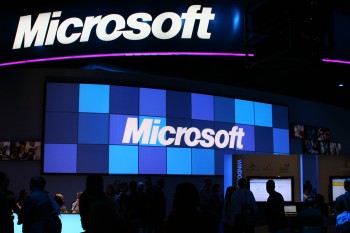
Microsoft is bringing generative search to Bing
For the longest time ever, Microsoft’s Bing was typically viewed as a slightly inferior version of Google. To be fair, Google had a good head start on things and perfected their algorithms over the years. But now it looks like Microsoft could be catching up, thanks to the introduction of generative AI capabilities they’re applying to its Bing search engine.
The company has announced that they are rolling out generative search to Bing for a small percentage of users. This is similar to how Google’s own generative search works. Users can type in a query and in addition to links to potentially relevant websites, the AI will provide users with a summary.
This will help make it easier for users who would rather not comb through countless websites to find what they want. It’s useful if you’re looking for a quick answer to a simple question. Obviously certain queries will require a bit more research on your part, but if you need something answered quickly, this is where generative AI shines.
One of the main differences between Microsoft and Google’s approach is that Microsoft is relying on multiple AI models instead of one. This means that it can pull data from multiple sources to provide more accurate or more comprehensive answers. When Google launched their AI search, many were quick to discover how faulty it was.
If Microsoft can get this right, it could allow them to snag more market share from Google.